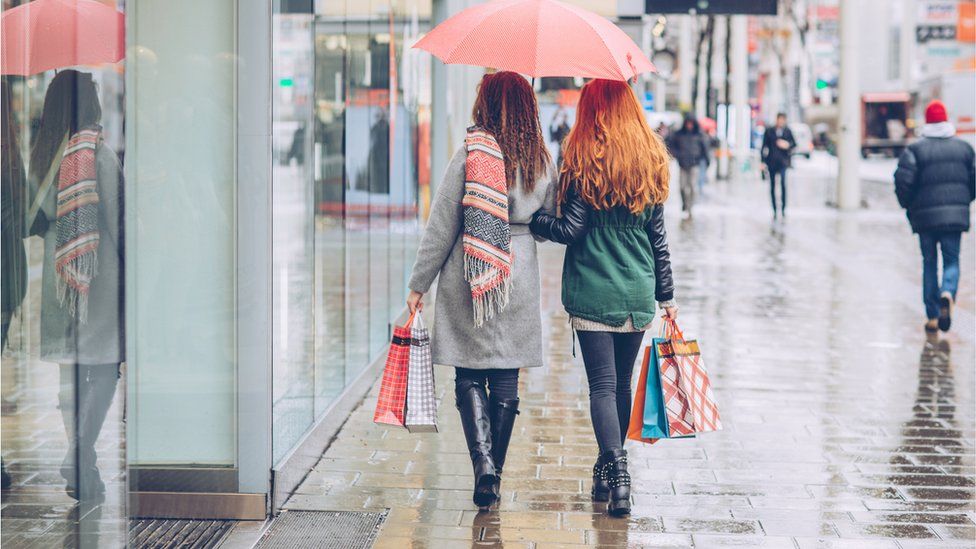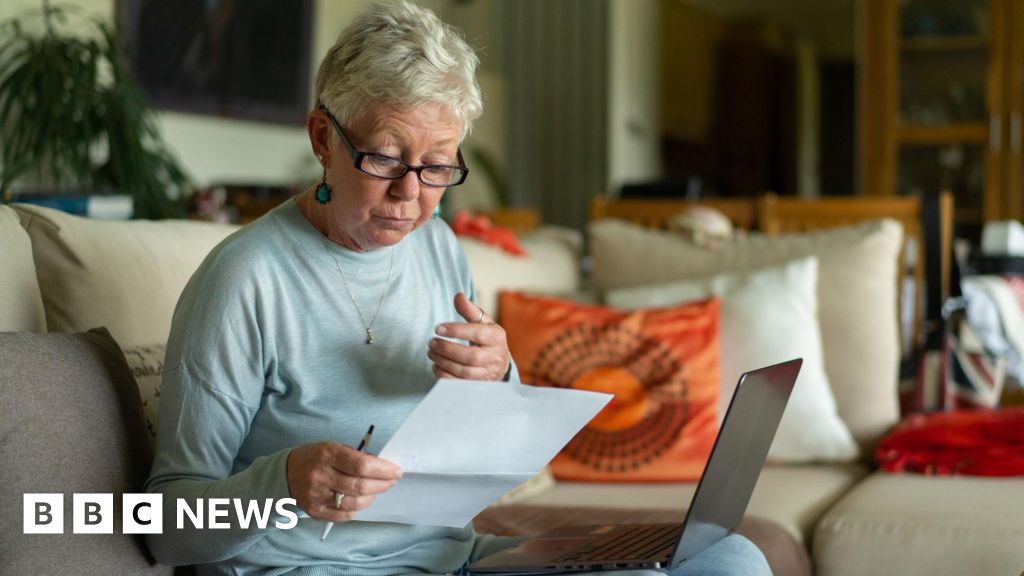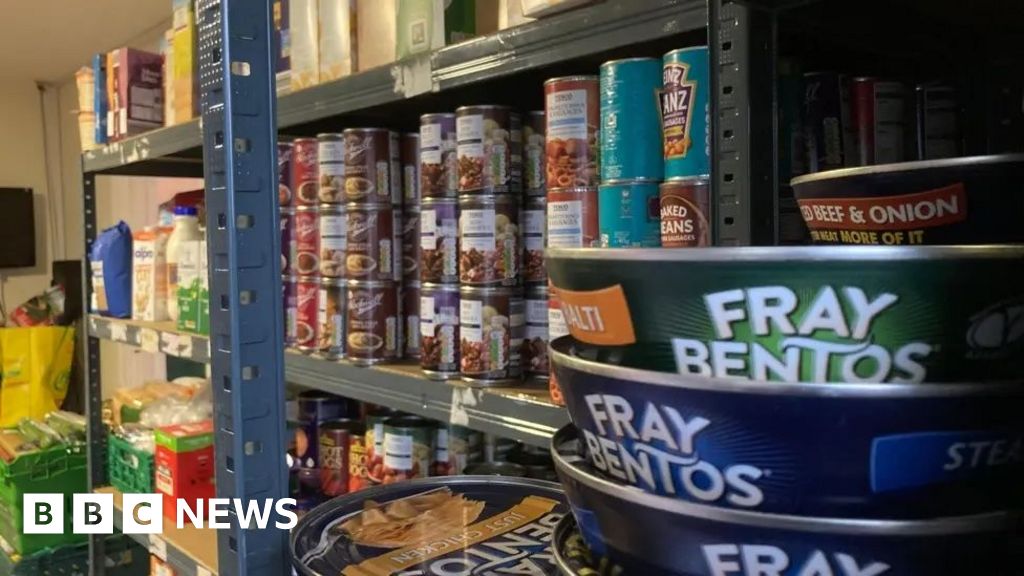ARTICLE AD BOX
 Image source, Getty Images
Image source, Getty Images
Retail sales fell sharply in August as the rise in the cost of living put pressure on households, figures show.
Sales fell by 1.6%, much larger than economists predicted, continuing a slide since the summer 2021 the Office for National Statistics (ONS) said.
Retail sales in all the main sectors - food, non-food, online and fuel - fell over the month, the ONS said.
Supermarkets' sales volumes also fell by 0.9% in August, but alcohol and tobacco sales rose by 6.3%.
August's sales figures signalled the largest month-on-month drop since December 2021.
"This is markedly worse than forecasts of a 0.5% fall, and indicates rising prices and the cost of living crisis is stopping consumers from reaching for their purse when it comes to extra spending," said Sophie Lund-Yates, lead equity analyst at Hargreaves Lansdown.
Higher prices along with upcoming energy bill rises in October have led to households to tighten their belts when it comes to spending.
"Feedback from retailers suggests that consumers are cutting back on spending because of increased prices and affordability concerns," the ONS said.
According to the ONS, department stores saw a large drop in sales in August - 2.7% - while sales in clothing shops fell marginally - 0.6%.
On Thursday, John Lewis revealed that while its shopper numbers were higher than last year, customers were spending less and avoiding buying as many "big ticket" items.
The department store and its supermarket chain Waitrose reported a loss of £99m for the first half of its trading year. But it said it was not unusual to make a loss in the first half, and that Christmas buoyed it up.
Waitrose said it sales were down 5% on last year, with basket sizes shrinking by "nearly a fifth".
Food prices have been increasing around the world following Russia's invasion of Ukraine, which has been one of the main factors pushing up prices at supermarket tills.
Meanwhile, the proportion of retail sales online fell to 25.7% in August from 26.3% in July, but the figure remains significantly above pre-pandemic levels.
'Economy already in recession'
UK inflation, which measures the rate at which prices rise, eased for the first time in almost a year in August, slipping to 9.9% from July's 10.1%, but remains at a 40-year high.
In a bid to curb rising prices, the Bank of England is expected to keep increasing interest rates. The Bank has warned inflation could top 13% this year.
Olivia Cross, assistant economist at Capital Economics, said August's retail sales figures backed up the consultancy's view that the UK economy is "already in recession".
A recession is defined by the economy getting smaller for two consecutive three-month periods.
"Retail sales will probably continue to struggle as the cost of living crisis hits harder in the coming months," Ms Cross said.
"But nonetheless the Bank of England will still have to raise interest rates aggressively."
Ms Cross said that because of the government's Energy Price Guarantee, which will see annual household energy bills capped at £2,500 for typical use, any recession would be "smaller and shorter than we did before".
Gas and electricity bills were expected to rise to £3,549 a year and even higher in 2023, before the government intervened.

 2 years ago
30
2 years ago
30








 English (US) ·
English (US) ·